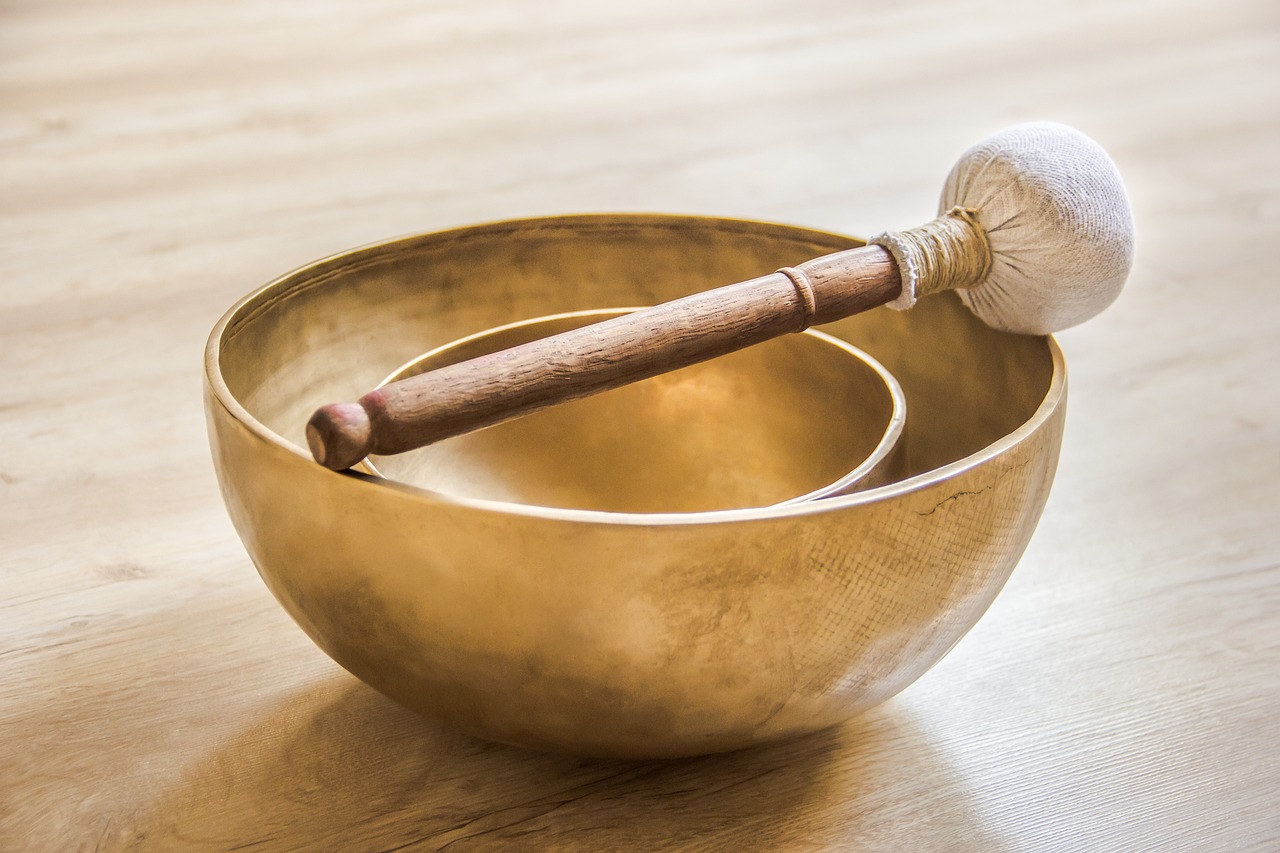Home Brewing for Beer Connoisseurs: Advanced Tips: Sky247.net login, 11 x play game, Playexch 99 login
sky247.net login, 11 x play game, playexch 99 login: Home brewing is a beloved hobby for many beer connoisseurs. It allows you to experiment with different flavors, ingredients, and techniques to create a unique brew that suits your palate. If you’ve already dipped your toes into the world of home brewing and want to take your skills to the next level, here are some advanced tips to help you step up your game.
Experiment with Specialty Grains
One way to elevate your homebrewing game is to experiment with specialty grains. These grains add depth and complexity to your beer, giving it a unique flavor profile. Some popular specialty grains to try include crystal malt, roasted barley, and biscuit malt. Incorporating these grains into your recipes can take your brews to the next level.
Master the Art of Yeast Management
Yeast plays a crucial role in the brewing process, as it is responsible for converting sugars into alcohol and carbon dioxide. To improve the quality of your beer, it’s important to master the art of yeast management. This includes proper yeast rehydration, pitching rates, and temperature control. By understanding how yeast works and how to care for it, you can ensure that your beer turns out the way you want it to.
Control Fermentation Temperature
Fermentation temperature is another key factor that can impact the quality of your beer. Different beer styles require different fermentation temperatures, so it’s important to control this aspect carefully. Investing in a temperature-controlled fermentation chamber or using a cooling/heating system can help you achieve optimal fermentation conditions for your brews.
Fine-Tune Your Water Chemistry
Water chemistry is often overlooked by home brewers, but it can have a significant impact on the flavor of your beer. By fine-tuning your water chemistry using additives like gypsum, calcium chloride, and lactic acid, you can adjust the pH and mineral content of your brewing water to create the ideal environment for fermentation.
Experiment with Hop Additions
Hops are another essential ingredient in beer brewing, providing bitterness, aroma, and flavor. To take your homebrewing skills to the next level, experiment with different hop varieties, quantities, and timings. Dry hopping, hop bursting, and hop stands are techniques you can use to enhance the hop character of your beer and create unique and flavorful brews.
Embrace Barrel Aging
Barrel aging is a popular technique among advanced home brewers, as it adds complexity and depth to beer. Aging your brews in barrels that previously held spirits like whiskey, rum, or wine can impart unique flavors and aromas to your beer. While barrel aging requires patience and careful monitoring, the results can be truly outstanding.
FAQs
Q: How can I improve the clarity of my homebrewed beer?
A: To improve the clarity of your beer, consider using fining agents like gelatin or Irish moss during the brewing process. Cold crashing your beer before packaging can also help to clarify it.
Q: Can I reuse yeast from previous batches?
A: Yes, you can reuse yeast from previous batches to save money and maintain consistency in your brews. Make sure to harvest and store the yeast properly to ensure its viability.
Q: How long should I age my barrel-aged beer?
A: The aging time for barrel-aged beer can vary depending on the style and the flavors you’re looking to achieve. Generally, aging for 6 months to a year is recommended, but feel free to taste your beer periodically to determine when it’s ready.
By incorporating these advanced tips into your home brewing practice, you can continue to hone your skills and create exceptional beer that rivals commercial brews. Remember, practice makes perfect, so don’t be afraid to experiment and push the boundaries of your brewing knowledge. Happy brewing!







